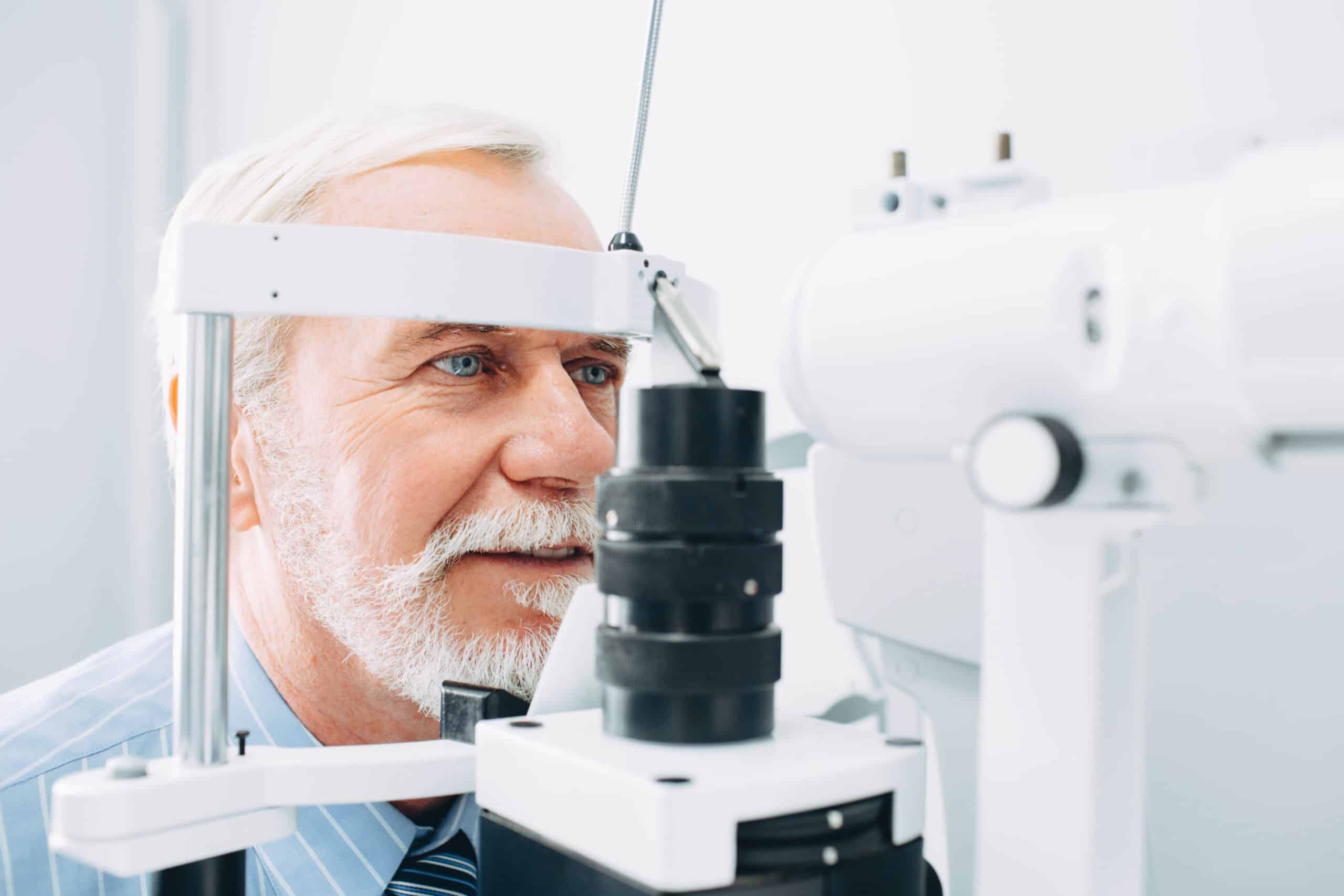What is Keratoconus?
Keratoconus occurs when the cornea becomes thin and slowly bulges outward into a cone-like shape. Corneal thinning results in blurry vision and may cause sensitivity to light. This condition usually begins around puberty and slowly progresses into the mid-30s.
Symptoms of Keratoconus
At first, patients with keratoconus may simply experience bad vision. The symptoms of keratoconus may change over time as the disease progresses, and include:
- Blurred vision
- Distorted vision
- An increased sensitivity to light
- Sudden worsening of vision and irregular astigmatism
- Eye irritation and/or headaches
- Frequent changes in vision correction prescriptions
KNOW YOUR DOCTOR
Dr. Archana Gupta
Cataract Surgeon, Ophthalmologist, Cornea & External Diseases Specialist
Dr. Archana Gupta is a board certified ophthalmologist. She specializes in cataract, cornea, external diseases and refractive surgery.




What Causes Keratoconus?
The exact cause of keratoconus is not completely understood, though it is believed that it may be present at birth. There are certain factors that may increase your risk for developing this disease including genetics, chronic eye inflammation, corneal scarring, chronic eye rubbing (which damages the corneal tissue), and age.
Diagnosis and Treatment of Keratoconus
In order to diagnose and treat keratoconus, Dr. Gupta will perform an eye exam in our office. She may also choose to perform other tests such as an eye refraction test, slit-lamp examination, keratometry, or computerized corneal mapping in order to correctly diagnose your condition.
The treatment for keratoconus is dependent on the severity of your symptoms and how quickly the condition is progressing. Generally, treatment options can be determined depending on the stage of your disease.
Early Stages
In the early stages of keratoconus, treatment commonly involves eyeglasses or soft contact lenses to treat nearsightedness and astigmatism. A corneal topography might be recommended to track further changes.
Middle Stages
As keratoconus progresses, corneal collagen cross-linking is an option to prevent vision from worsening, and sometimes, improve vision. Corneal cross linking is an in-office procedure that involves applying a vitamin B solution to the eye, which is then activated by ultraviolet light. This process causes new collagen bonds to develop, preserving the shape and strength of the cornea. Scleral lenses may also be recommended at this stage.
Late Stages
If your keratoconus is in the advanced stages, a cornea transplant surgery is often necessary. A corneal transplant removes either the entire or partial thickness of the diseased cornea and replaces it with healthy donor tissue. There are a number of different surgical methods to achieve this, which Dr. Gupta will discuss with you prior to surgery. In most cases, glasses or contact lenses are needed to provide optimal vision after a corneal transplant.
TRUST THE RESULTS
Schedule Your Free Consultation
If you are experiencing the symptoms associated with keratoconus, do not hesitate to contact Advanced Eye Surgeons today. We will be more than happy to schedule your eye exam appointment with Dr. Gupta, which is your first step toward treatment.
CONTACT US
If you have a question or would like to schedule an appointment, please fill out and submit our online form.
“Everyone deserves to witness the beauty of our world in its full glory.”




